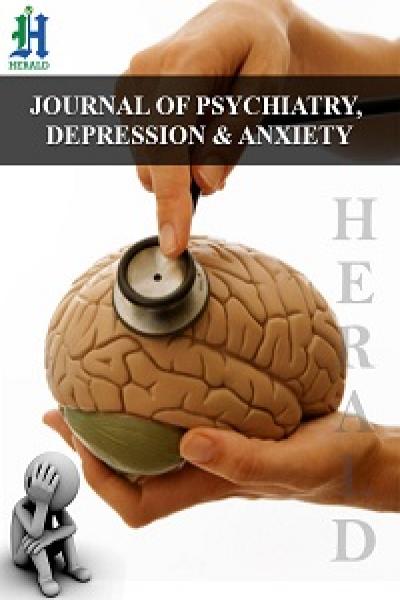
Psychopharmacology
Psychopharmacology is the scientific study of how medications affect mood, behavior, and mental processes. It involves understanding the pharmacokinetics (how the body processes drugs) and pharmacodynamics (how drugs affect the brain and nervous system) of psychotropic substances used to treat psychiatric disorders. Commonly prescribed drug classes include antidepressants, antipsychotics, mood stabilizers, anxiolytics, and stimulants. These medications can help manage symptoms of conditions such as depression, schizophrenia, bipolar disorder, anxiety disorders, and ADHD. Psychopharmacology requires careful consideration of dosage, side effects, drug interactions, and patient-specific factors such as age, gender, comorbidities, and genetic predispositions.
Recent advancements include the development of atypical antipsychotics, SSRIs, and precision medicine approaches based on pharmacogenomics. Clinical trials, real-world evidence, and ongoing research continue to improve the efficacy and safety of psychiatric medications. Psychopharmacology is often integrated with psychotherapy and psychosocial interventions, aiming for holistic treatment and long-term stabilization of psychiatric conditions.

